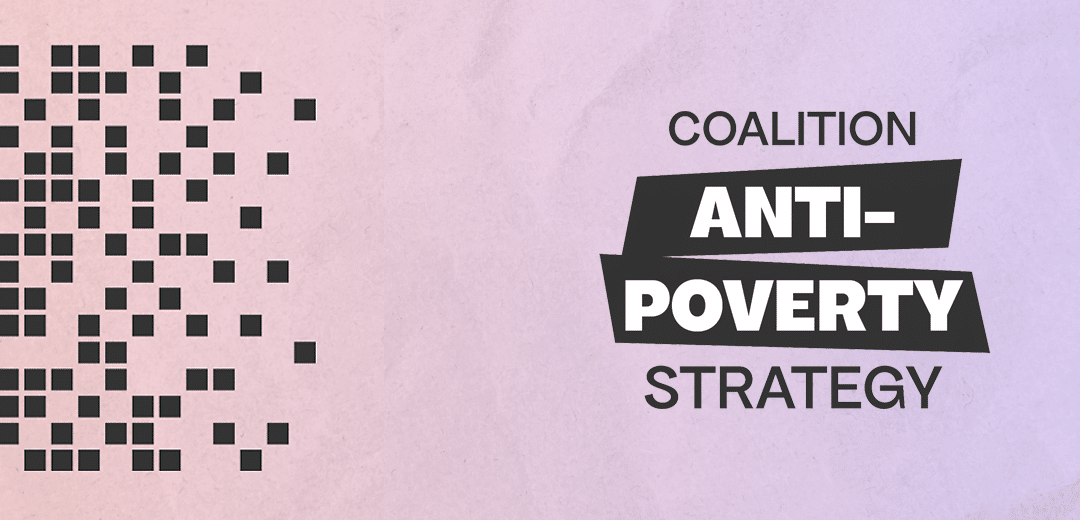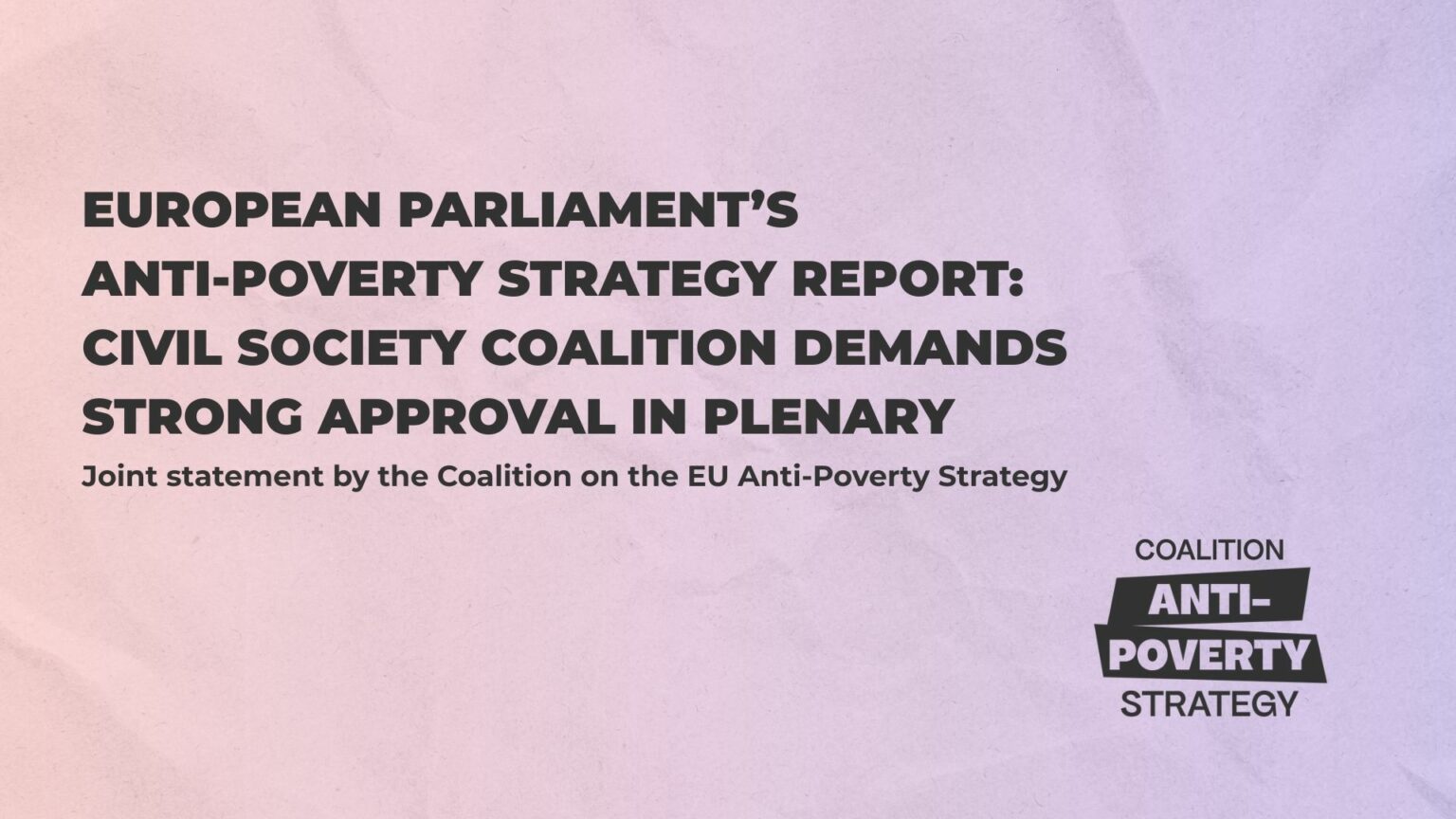Child poverty in Germany demands urgent strategic action
Eurochild member Bertelsmann Stiftung highlights several urgent concerns and recommendations to strengthen the implementation of the European Child Guarantee.
A strategic response to tackle poverty is missing
The AROPE index stands at 22.9% in Germany, underscoring the enduring nature of child poverty. Bertelsmann Stiftung welcomes that Germany has committed towards a National Action Plan to implement the European Child guarantee. However, the absence of a comprehensive national strategy is a critical gap. The failed reform of the basic child security system (Kindergrundsicherung) is cited as a missed opportunity to establish meaningful structural change. The report on the implementation of the European Child Guarantee does not adequately reflect the need for a coordinated response. It is essential that the report goes beyond acknowledging the problem and explicitly calls for the development and implementation of a national strategy that can deliver long-term, cross-sectoral impact.
Education and poverty must be addressed together
Educational equity and poverty prevention are deeply interconnected, yet continue to be treated in isolation. Bertelsmann Stiftung stresses that investments in education should not come at the expense of social support, and vice versa. An integrated approach that bridges social and educational policies is urgently needed. The biennial report on the implementation of the European Child Guarantee largely presents these sectors side by side without proposing a clear, cross-sectoral, multi-level strategy. A shift in narrative and practice is necessary to address the root causes of inequality and ensure that every child has equal opportunities to thrive.
Sustainable funding is still lacking
The goals outlined in Germany’s National Action Plan cannot be met without sustained financial investment. Bertelsmann Stiftung points out that current initiatives often rely on temporary, model projects that lack the scale and longevity to drive structural change. To effectively combat child poverty, it is necessary to have long-term financial commitments at the federal, regional, and local levels. Adequate, dedicated funding is crucial to support a sustainable strategy that delivers measurable outcomes for children across Germany.





